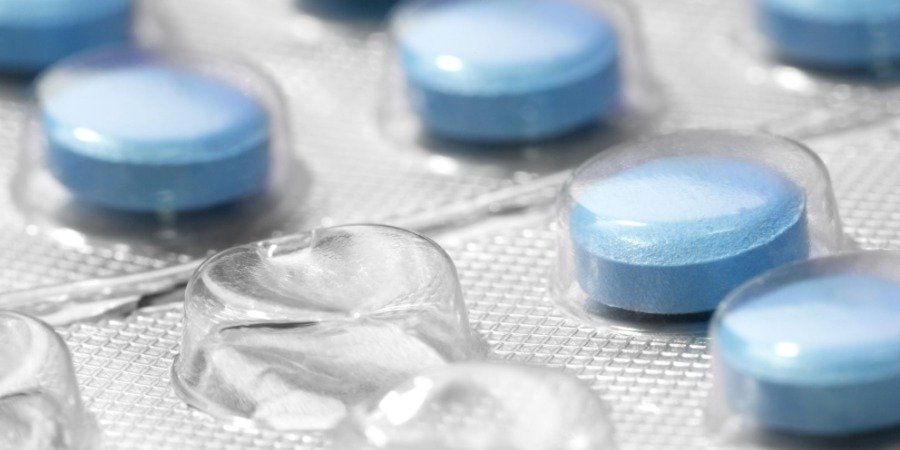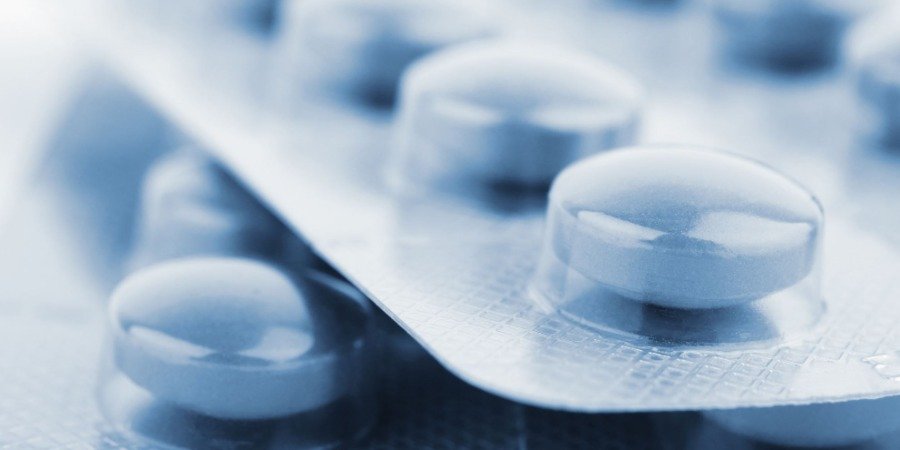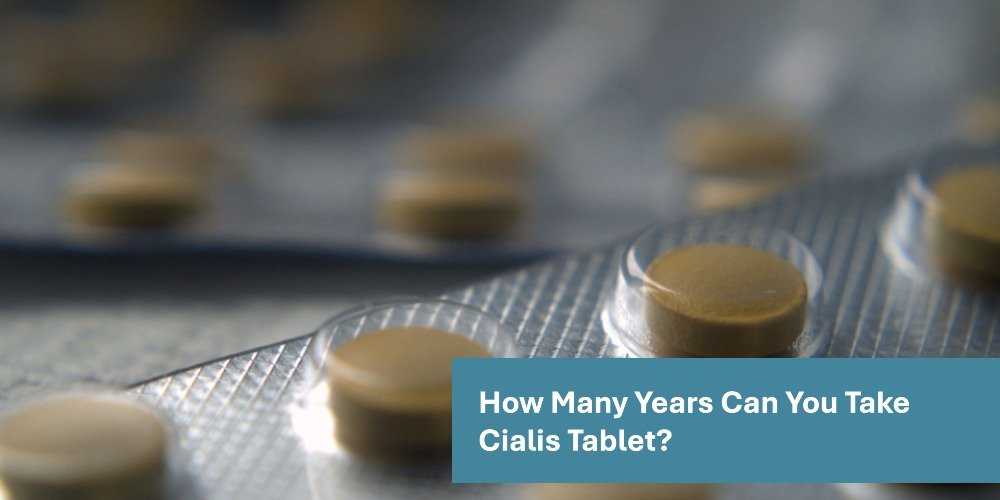The best time to take Viagra tablets is about 30 to 60 minutes before sexual activity.
Viagra (sildenafil) works by increasing blood flow to the penis, helping you achieve and maintain an erection when sexually aroused. You should take the tablet on an empty stomach or after a light meal, as heavy or high-fat meals can delay its effect. The medicine generally remains effective for up to four hours, though its peak performance occurs within the first two hours after taking it. Avoid drinking too much alcohol when using Viagra, as it can reduce its effectiveness and delay onset. Always follow your doctor’s dosage instructions to ensure safe and optimal results.
Timing Overview of the Viagra Tablets
Onset of Action: Viagra usually starts working within 30 to 60 minutes after you take it. Some men may notice results as early as 20 minutes, but this varies depending on your metabolism and what you’ve eaten.
Peak Effect: The medication reaches its maximum effectiveness around 1 hour after taking it. This is typically the best time for sexual activity.
Duration of Effect: Viagra (sildenafil) remains effective for up to 4 hours, although the strength of its effect gradually decreases over time. It doesn’t mean you’ll have an erection for that entire duration rather, it helps you achieve one when sexually aroused within that window.
Best Conditions: Take it on an empty stomach or after a light meal for faster absorption. Avoid heavy or fatty meals and excessive alcohol, as they can delay or reduce its effect. Read more about foods that work best with viagra tablets through our guide.
Consistency: Viagra should be taken only once in 24 hours, as exceeding this can increase the risk of side effects without improving results.
What are the Factors That Affect Viagra Timing and Effectiveness?
Several factors can affect Viagra’s timing and effectiveness, including food intake, alcohol consumption, dosage, age, health conditions, and other medications you take.
If you take Viagra after a heavy or high-fat meal, it can delay absorption, making it take longer to work. Alcohol, especially in large amounts, can lower blood pressure and reduce blood flow, which may make Viagra less effective. The dosage prescribed by your doctor also influences how quickly it starts working and how long the effects last. Typically, doses range from 25 mg to 100 mg, depending on your needs.
Your age and metabolism play a role too, older adults or those with slower metabolism may experience a delayed response. Certain medical conditions, like heart disease, diabetes, or kidney issues, can impact how your body processes the medication. Learn more about is viagra tablets are safe for diabetes patients through our guide. Additionally, some medications (such as nitrates or alpha-blockers) can interact with Viagra, altering its effectiveness and safety.
To get the best results, you should take Viagra on an empty stomach, about 30–60 minutes before activity, avoid excessive alcohol, and always follow your doctor’s prescribed dose and guidelines.
What are the Practical Tips For Viagra Maximum Results?
To get the maximum results from Viagra, you should take it 30 to 60 minutes before sexual activity on an empty stomach, avoid heavy meals and alcohol, and stay relaxed.
For best effectiveness, take the tablet with a full glass of water and avoid fatty foods, as they can delay absorption. You should also limit alcohol consumption, since drinking too much can reduce blood flow and make it harder for Viagra to work properly. Read more about how long does viagra tablet works through our guide. Staying calm and sexually stimulated is important because Viagra only works when you’re aroused. Make sure you take the correct dosage prescribed by your doctor, usually between 25 mg and 100 mg, and don’t exceed one dose in 24 hours.
If you’re using Viagra regularly, try to take it under similar conditions each time so you can better understand how your body responds. Maintaining a healthy lifestyle through exercise, proper sleep, and managing stress can also help you achieve better and more consistent results.
What are the Common Mistakes That Reduce Viagra Effectiveness?
The most common mistakes that reduce Viagra’s effectiveness include taking it after a heavy meal, consuming too much alcohol, not allowing enough time for it to work, and lacking sexual stimulation.
If you take a Viagra 100mg tablet after eating a large or high-fat meal, your body absorbs it more slowly, which can delay or weaken its effect. Drinking excessive alcohol can interfere with blood flow and lower your ability to get an erection, even with Viagra. Another frequent mistake is expecting instant results. Viagra usually takes 30 to 60 minutes to start working, and you need to be sexually aroused for it to have an effect.
Other factors like skipping prescribed doses, using incorrect dosage, or mixing Viagra with certain medications (like nitrates) can also reduce its effectiveness or cause side effects. To get the best results, always follow your doctor’s instructions, take the right dose on an empty stomach, and create a relaxed environment for sexual activity.





